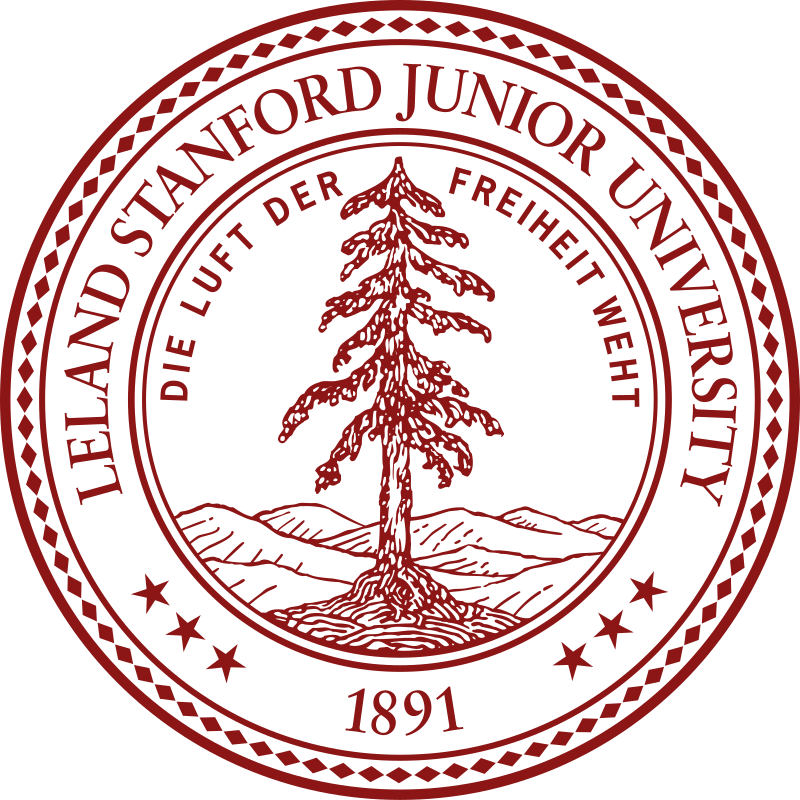The BSc Physics is designed to develop your knowledge and understanding of physics to an advanced level. You will study core topics in physics, along with option subjects, including:
Classical mechanics
Special relativity
Oscillations and waves
Quantum mechanics
Atomic, nuclear and particle physics
Electromagnetism
Thermodynamics and static physics
As part of your degree,you will develop the laboratory skills and problem-solving experience which will enhance your familiarity with the principles and techniques of experimental physics, as well as general scientific research. This will help you to prepare you for a successful career in industry or research.
Guest speakers from industry also form part of the course to further deepen your understanding of the subject and to explore potential career options.
UWS’s Physics BSc is taught on our Paisley Campus, which has modern classrooms, state-of-the-art teaching facilities and well-equipped laboratories that will help you learn the relevant theoretical principles and practical skills.
In Years 3 and 4 of study, some of your practical work may be carried out within our research laboratories.
Year 1
Five core modules include physics and mathematics. One optional module can be chosen from a range of science, engineering or computing-related modules. The physics modules are taught at the same level as the Scottish Advanced Higher syllabus.
Aspects of atomic physics and thermodynamics are also taught.
Year 2
You will branch out to other areas including classical mechanics, special relativity, optics, electronics, oscillations and waves, properties of matter, and mathematical methods for physicists. Practical and professional skills are also developed.
Year 3
Core modules include electromagnetism, quantum mechanics, atomic and nuclear physics, thermodynamics and statistical physics. Two optional modules can be chosen from complex analysis, advanced optics, imaging and nuclear medicine.
(Optional) 12-month Industrial Placement
This is an optional year spent in industry or a relevant scientific research laboratory.
Year 4
Subjects are more advanced developments of those undertaken in Year 3, with additional topics including nuclear and particle physics, solid state physics, surface analysis and detectors, partial differential equations, and applications of nuclear physics.
You will undertake a research dissertation where your knowledge can be applied to an extended project.
Teaching and Assessment
You will be taught through a combination of lectures, tutorials and workshops.
You will also have the opportunity to take part in group work and independent learning to develop your transferable skills such as research, presentation, communication and working as part of a team.
This degree is assessed using a variety of assessment methods including:
Written examinations
Coursework
Practical assessment
Learn a language (Optional)
This course also gives you the option of taking a language module, which can count towards your degree. These modules cover multiple languages and range from absolute beginner to near-native speaker level.
Course Structure
Find out more about the structure, learning outcomes, compulsory and optional modules in this course.
BSc (Hons) Physics Course Structure
Show less















